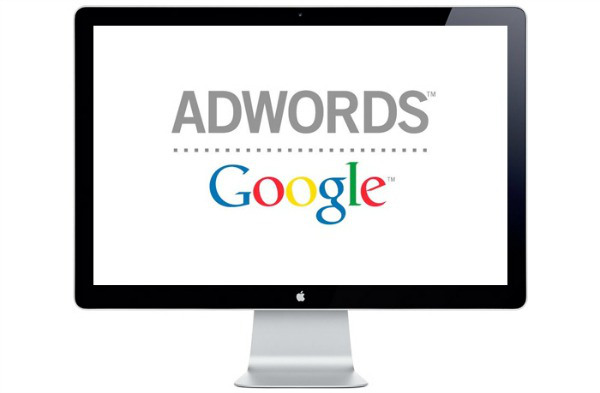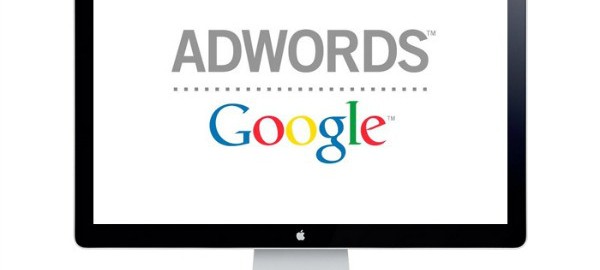
I read earlier this week that spend on Pay Per Click (PPC) search engine advertising is set to continue to grow in 2015, and this isn’t too surprising. The quest to get onto page one of Google’s results page for your most important keywords is a difficult and time-consuming one if you go down the Search Engine Optimisation route – PPC will get you to the very top of that page in no time at all.
Not only that, but one of the criticisms of traditional advertising is that it doesn’t segment the audience – PPC audiences segment themselves through their search terms, so you know the audience is showing interest.
But effective PPC is more than just setting up your account, hitting ‘go’ and sitting back waiting for the cash to roll in: this method will result in a lot of money being wasted very quickly. So, how do you manage a PPC campaign? Here is my six step process:
1) Set-up Multiple Campaigns
Campaigns are an important part of the structure of PPC campaigns – within these you can select different groups of keywords, and try different types of creative. Campaign-level is a good way of looking at your top-line results, so make sure that the campaigns are easily distinguishable.
2) Choose the URL
You need to choose the URL which the advert will send people to, but the landing page is often forgotten as part of the PPC campaign process. The landing page should give the viewer the option (or options) to do what most people do on your website – whether that is a buy-now button or a contact form. You can track the success of your landing page through your analytics package. In terms of the URL itself, you should make it trackable so that you can tell the keyword which has referred it – I find Google’s URL builder really easy to use and it ties in with Google Analytics. You should also test different landing pages to optimise the advert’s effectiveness once they arrive on your site.
3) Select Keywords
Selecting keywords is not as easy as you would think! If you know the business that you are working for, you should have an idea of where to start: asking some customers what terms they would use is also a good starting point. You should also use Google’s Keyword Tool for some inspiration, but don’t get too carried away – if your landing page does not relate to the search term, this will count against you.
4) Write the Advert
You are limited by the number of characters in your advert, so all you budding Don Drapers may already start feeling a little restricted. Your title should be punchy and to the point, with the rest of the advert explaining why your advert is the one that the customer should click on – what is different about your business? The domain is also restricted to just 35 characters, so it is unlikely that you will be able to use the actual destination URL: your domain needs to be the same as the destination URL, but you can release some (short) creativity with the page name.
5) Time for Extensions?
On top of a standard PPC advert, there are a number of extensions that you can add to make your advert more eye-catching, and some great ways of honing your advert. But I recommend that you don’t start looking at this until your feel comfortable with the basics of PPC management. You can tailor your advert in the following ways:
- Bidding by day of week
- Bidding by time of day
- Click to call (i.e. your phone number on your advert)
- Seller ratings (useful for building trust)
- Site links (showing a range of pages which should help to entice people to click on your advert)
6) Keep Reviewing:
PPC campaign management is not just a one-off task – the campaigns with the best ROI are monitored and tweaked on a continual basis. So, you should become very familiar with the PPC metrics:
- Impressions – the number of times that your ad has been shown
- Clicks – the number of times that your advert has been clicked on (you can calculate your Click Through Rate [CTR] by dividing clicks by impressions)
- Average Position – where your advert is shown on page, so the lower the better
- Cost Per Click – self-explanatory!
- Quality Score – this has a blog all of its own!
- Conversions / Cost per Conversion – use conversion tracking codes when linking through to your site to be able to track the consumer through to conversion
Do you manage your PPC campaigns, or is it managed by an agency? Do you have any top tips?
(322)






